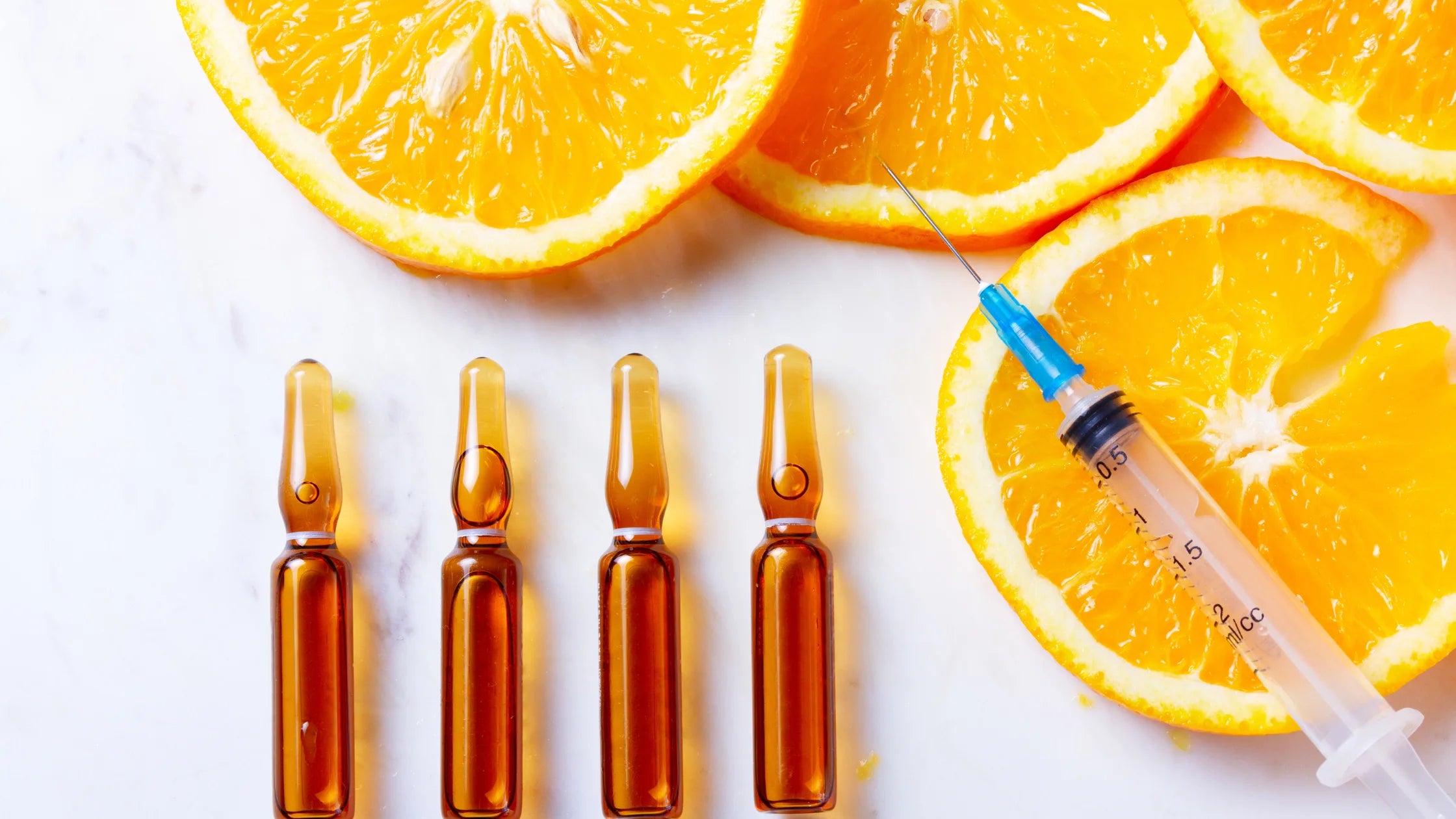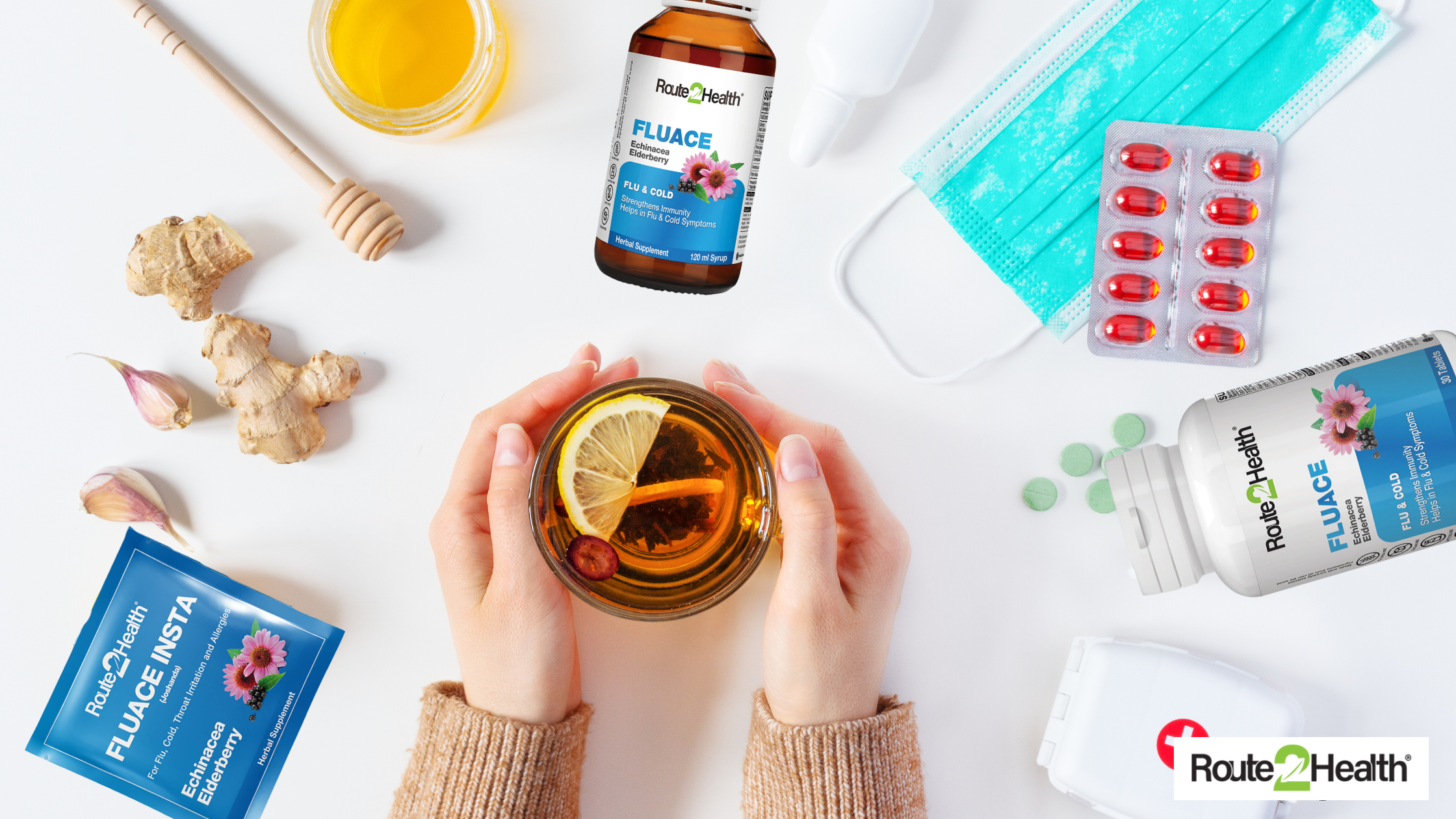What Foods Are High In Glutathione?
1. Spinach
This nutrient-dense leafy green can help increase the body’s glutathione levels. It boosts the body’s antioxidants. It also has alpha-lipoic acid and vitamins C and E. They boost glutathione levels. Folate and other health-promoting compounds are also abundant in spinach.

2. Broccoli
Broccoli is a nutritional powerhouse. It is packed with vitamins C and K. Its high sulforaphane content sets it apart. This substance boosts glutathione levels and activates the body’s detox enzymes. Lightly steaming broccoli is the best way to preserve its nutrients. It also maximizes its glutathione content. This makes it a great addition to your diet. It will promote your health and reduce oxidative stress.

3. Avocado
Avocados are rich in good fats. Avocado fats help the body absorb fat-soluble vitamins, boosting antioxidant capacity. Regular avocado consumption helps sustain glutathione levels over time.

4. Green asparagus
Green asparagus has a reputation for its cleansing qualities. It is one of the best dietary sources of glutathione and a helpful diet for boosting glutathione. It has high levels of sulfur compounds, which are glutathione precursors.

5. Oranges
Oranges are high in vitamin C, which helps the body make glutathione. The antioxidants glutathione and vitamin C work great together, allowing the body to keep enough glutathione.

Sulfur-Rich Foods Thats Boots Glutathione
1. Garlic
A National Library of Medicine study says garlic is a top sulfur-rich food. Sulfur compounds like allicin give it a unique flavour. They also help the body make more glutathione, a health benefit. Garlic may boost the immune system and reduce inflammation. It may also improve skin health by reducing pigmentation and acne.

2. Onion
The National Library of Medicine says onions are a sulfur-rich food. They contain beneficial compounds, like quercetin and sulfur amino acids, which are vital. These compounds boost the body’s glutathione and antioxidant levels. Onions improve skin health, reduce inflammation, and boost heart health.

3. Cruciferous vegetables
Broccoli, cauliflower, and other cruciferous vegetables are high in sulfur compounds. They are vital in producing glutathione. A study found that, during digestion, lactic acid in these veggies turns into beneficial sulfur compounds. They boost the body’s ability to make and keep enough glutathione. These veggies are critical to a balanced diet. They are rich in vitamins and antioxidants.

Animal Sources of Glutathione
1. Whey protein
The International Society of Sports Nutrition journal says that whey protein, made from milk, is one of the finest sources of glutathione. It is exceptionally high in cysteine. Researchers have shown that it raises glutathione levels. It provides the necessary building blocks. Studies support that whey boosts antioxidants and reduces oxidative stress.

2. Grass-fed Meat
A study found that grass-fed meat, especially beef, is better than grain-fed meat. Cattle raised on grass eat many natural foods, which boosts the meat’s nutrition. Grass-fed beef is hormone-free and has higher glutathione, an antioxidant, due to its natural growing methods. Additionally, grass-fed beef is a healthier protein source since it is leaner.

Does Cooking Affect Glutathione Levels In Food?
Cooking has an enormous impact on glutathione levels and absorption, but some cooking methods may reduce the heat-sensitive glutathione.
Research shows that fresh vegetables have a lot of glutathione. But boiling or frying them destroys it. So steaming is best as it preserves the glutathione.
Steam broccoli, asparagus, and spinach for a short time to keep their glutathione levels up. Eating raw vegetables is another way to get the most glutathione.

How To Increase Glutathione Absorption From Foods
Combine With Healthy Fats
Research shows that meals high in glutathione work best with healthy fats, like avocado or olive oil. These fats boost the absorption of glutathione and other antioxidants. They help the body absorb fat-soluble ones, like glutathione.
Eat Fresh
Diets rich in fresh, minimally processed foods contain higher levels of glutathione. Glutathione is one of the nutrients that can be depleted by lengthy processing and storage. Frozen or canned veggies often have less of this antioxidant than fresh foods.
Conclusion
So, if you were on a quest to find out what foods are high in glutathione, you now know that no food can provide you with enough glutathione as is, but many foods contain nutrients that help your body produce more glutathione. Foods like avocados, garlic, spinach, and broccoli support overall health and help raise the body’s glutathione levels. They keep their glutathione content, whether raw or cooked. A balanced diet is essential. It helps absorb some nutrients in meals. Adding healthy fats to those meals can aid absorption.
Including these delicious alternatives in your meals can greatly expand your range of tastes and enhance your health. Constantly seek new ways to include these meals in your routine for the best health improvement. Don’t be afraid!
FAQs
1. What foods are high in glutathione?
Glutathione is a powerful antioxidant found in foods like avocado, asparagus, spinach, and broccoli. It’s easy to add to your diet.
2. How can I improve the absorption of glutathione?
Foods high in glutathione are better absorbed by the body when combined with healthy fats like avocado or olive oil.
3. Are glutathione levels impacted by cooking?
Indeed, cooking, especially boiling or frying, can lower glutathione levels. Steaming foods or eating them raw might help retain more glutathione.
4. Does glutathione come from animals?
Indeed, grass-fed beef and whey protein are excellent foods to increase your glutathione levels.
5. Can I use supplements to increase my glutathione levels?
Supplements like Route2Health Glutathione are advised as they have extra health benefits, a whitening effect, and antioxidants.
























































